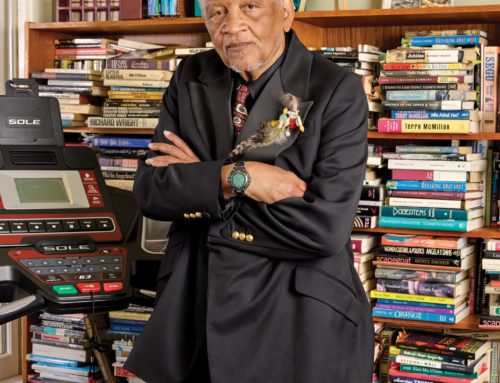Broadcaster and occasional harmonica player with Van Morrison, John Kelly’s latest novel is set in a Dublin of the near future, the capital of a decaying police state populated by crooks, perverts and double agents. Narrated by an omniscient geriatric called Monk, it is the story of the assassination of the US President on Irish soil, and the tangled lives of several surveilled characters implicated but seemingly uninvolved in the event. Monk’s frequent reminders that what we are reading is ‘the truth’ are accompanied by knowing references to his publisher’s perhaps contradictory insistence on a narrative payoff. It is in this manner (and others) that Kelly tends to set the limits of his form, acknowledge them and, then, not exceed them. His Ireland is ‘neither utopia or dystopia, but somewhere in between’ (note: it’s fairly clear-cut fascism). Upon being broken up with (‘You mean you’re leaving leaving?’), a character is said to be ‘disappointed with his lines’. Kelly gives us the sense that in describing prison walls, one has somehow escaped them.
The novel is not without moments of indubitable wit. At times it recalls Donleavy at his best. One character’s sordid online travails are described as ‘not so much surfing the net as drifting through it on a rotting, salty raft’; later, a bureaucratic police officer registers as ‘half man, half filing-cabinet’. But other characterisations – ‘weasel-faced strippers’, ‘ratboy’ protestors, and a lesbian character referring to herself as a ‘vagitarian’ ― bear the creaking, clumsy chauvinism of Martin Amis at his very worst. This isn’t to deny the author’s prosaic flair. His narration, which seems to skip effortlessly from languid reminiscence to the abrupt and immediate, is shot through with well-executed, winking meta-fictional turns. It’s clear Kelly is having fun here; just it’s not the fun of a Dizzy Gillespie (one of many on-the-nose musical references dropped throughout the novel) exploring the very possibilities of jazz trumpet, but rather that of a John Kelly, say, playing the harmonica.


